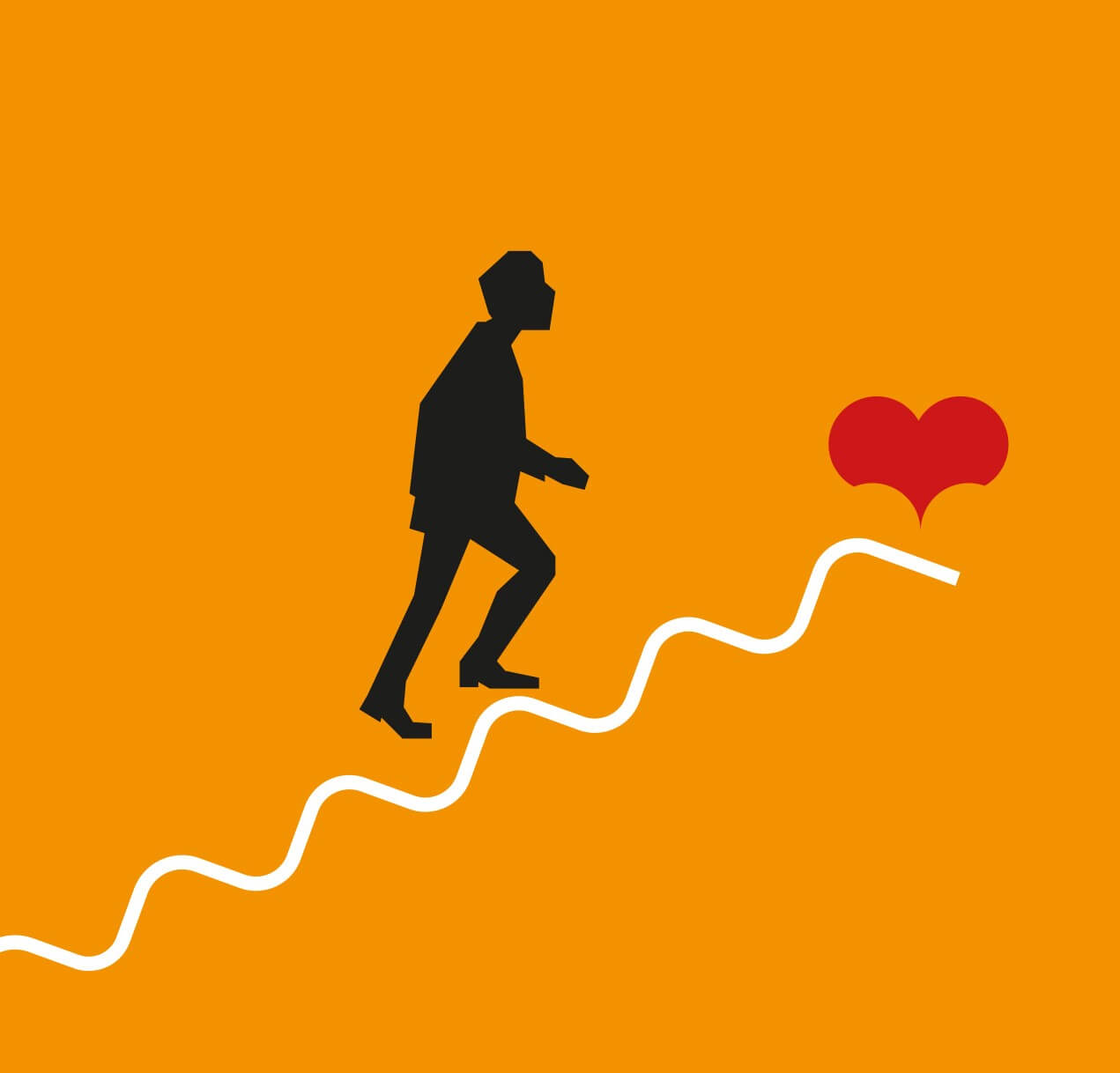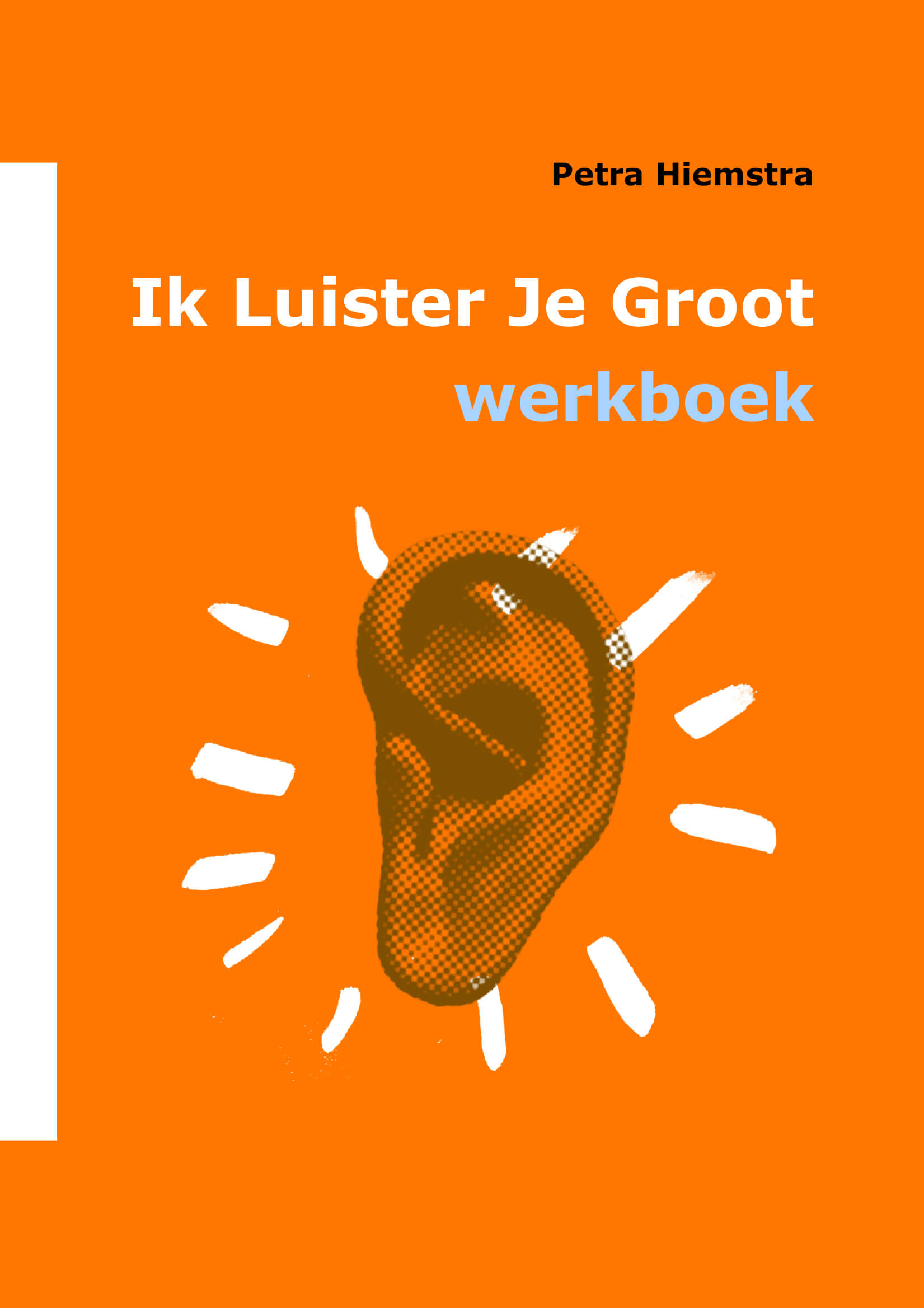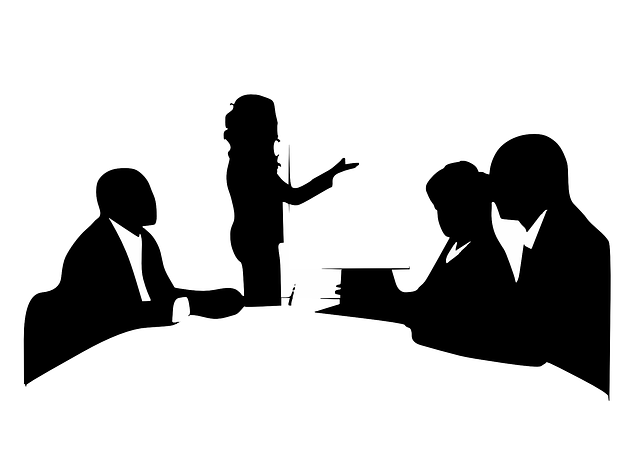What We Want Most From Relationships (But Rarely Get) door Nancy Colier

and why the most active way to help someone requires no action at all…
The truth is, we’re not very good listeners; we don’t know (and are not taught) how to listen to each other, at least not in a manner that truly nourishes us on a deep and spiritual level, and makes us feel heard, understood, or loved. We know how to listen from the head, but not from the heart.
And yet being deeply listened to is the experience that human beings most crave and need.
If there is one ingredient that determines whether or not a relationship will be successful, that ingredient is listening—the degree to which each partner feels listened to and truly known. Couples that can listen to each other in a satisfying way usually succeed, while those that can’t usually fail. Ultimately, we can only feel loved to the degree that we feel listened to.
I recently had a session with “Jon” and “Joan” (not their real names). Joan began by saying that she felt her experience could never be “just heard” by Jon—listened to and absorbed, without any interpretation, solution, judgment, defense or attack. She described how Jon was unable to hold a space for or really be with what she was living—without doing something with it or to it. Jon responded that holding a space for her feelings was not something that should be expected of him. Her request was unreasonable in his eyes, because a husband should not have to sit by silently and listen to what his wife is not receiving in the relationship—not without speaking up for himself, expressing his opinion, and providing some explanation. He then told his wife that what she really wanted (whether she knew it or not) was to control the relationship, the interaction—and him, as she “always did.” Joan, without responding to his interpretation, repeated the same yearning—to be listened to with simple openness and non-judgment. Jon responded to this second attempt by telling Joan that her experience was false, that he did in fact listen to and hear her, even if she couldn’t feel it, and that she should examine why she couldn’t feel his kindness and interest. Joan then repeated her longing one more time, almost verbatim. This time Jon’s response was to express how totally alone he feels in the relationship, and how Joan has no interest in hearing what is truly important to him.
From there, we began the work, in learning how to listen.
What happened between Joan and Jon is not gender specific nor is it specific to romantic relationships. What this couple demonstrated is a human problem: We constantly reject each other’s experience. It’s what we are taught to do. Listening to Joan that day, I felt as if I were watching an airplane desperately trying to find a place to land. Rejected by all control towers, her experience was to be left floating, unheard, unloved, with nowhere to touch down, nowhere to be welcomed home, no place to just be.
We all live this suffering daily, left with our own orphaned experience to nurture and land for ourselves. Yesterday I finished a particularly challenging and heartbreaking session in my office. Coming home, carrying a deep well of unprocessed feelings about what I had just lived, I entered my home to find my babysitter in a tiff. Before I had put my keys down, she was unloading her anger on me because my daughter would not eat her pasta. And just like that, my experience, what I was holding so profoundly in that moment, had to be put away to attend to the situation at hand. Life is always doing this to us, asking us to move from one experience to another without the processing, the landing, or the care and attention that we really crave—and need.
While we are conditioned to present our experience to others with a “What should I do about this?” as a way to include the other person (and hence earn their ear), most of the time we don’t really want to know what they think we should do about an issue, how to fix it, what’s wrong with us, why we shouldn’t feel what we feel, or anything else. We have probably already been inundated with countless well-intentioned and wise suggestions, from others and ourselves, on what we should do about our experience, and why we are having it. We already know all this. The problem, really, is that what we are asking for is not what we actually want, but rather what we have been conditioned to believe we are allowed to ask for. We don’t really long for anything to be done with or about our experience. Really, we just want our experience to be heard, listened to, understood, and cared about. We want someone to know how it is for us in this moment, in this life, and to keep us company in our experience—exactly as it is. What we want is for our experience to get to just be, without having to change into something else.
The hardest thing in the world (or one of them anyway) is to listen to someone we care about (and even someone we don’t) talk about an experience that sounds painful—and not step in to help, offer suggestions, or try to fix it. The second-hardest (not necessarily in this order) is to listen to someone describe a problem that they (or we) believe we are responsible for—and not defend ourselves. And rounding out this trio is to listen to someone describe a problem for which we believe they are to blame and have created, and not try to convince them of their responsibility.
Counterintuitive though it may feel, simply (but not easily) offering our compassionate presence to another human being—being willing to truly understand what the other is living, and selfless enough to get out of the way of their unfolding process—we are actually offering the greatest gift we can—and the experience that we all really crave. While we may believe that we are not giving enough, we are actually giving the very thing the other person wants, but is not allowed to say they want. By seemingly doing nothing (but truly listening), we are allowing the other to discover what they need to discover, creating and holding the space in which their problem can uncover its own solution (which is rarely anything we could have come up with). Experience teaches us to trust the profoundly transformative and healing power of being with—holding a space for another person’s experience. By being willing and courageous enough to do nothing with and to another’s experience, we are actually doing the most profound thing of all.
In addition, while it can be very difficult to refrain from defending ourselves when we feel we are being blamed (or are to blame), by simply holding a space for another’s unhappiness, we establish ourselves as one who authentically cares, who wants to and is brave enough to know the other’s experience (even if it is about us). In so doing, we become a person who is not deserving of blame, who loves deeply enough to put our own ego aside to know another fully, to put knowing the other first, even if what we come to know in the process is painful. In this sense, though it is challenging to practice, we actually accomplish more on our own behalf by listening deeply and openly as opposed to defending ourselves. The listening is the defense.
Finally, when we are able to just listen to another’s experience, without judgment, even when we believe the other person to be responsible for the experience they are describing, the other person experiences our compassion, which increases the possibility that they will come to discover their own role in their experience. Pointing out the other’s responsibility or blaming them on the other hand only serves to increase their defensiveness, making it less likely that they will take ownership for their experience. If our intention is to help the other own their behavior, listening openly and without judgment is the best method for accomplishing our goal. Making the other feel loved, through our deep and present listening, is the only way to create a safe enough place from which the other can assume the responsibility we want them to assume.
All of us long to have our experience held, heard, understood and cared about. Yet, we are conditioned to believe that just listening is passive, and that helping must include action—making suggestions and offering interpretations, and doing something to change the other person’s experience for the better. What we don’t know (because we are not taught) is that true listening, true “being with,” is the most active and healing thing we can do; it is an action of the highest order, with the most profound results. Ironically, our being, our presence, is far more powerful than anything we could ever do for another.
The next time you are listening to someone, see what it feels like to commit to being present, to just listening, without offering any interpretation about what the other person is living, or suggesting any way to fix it. See if you can simply be with their experience as it is, and feel what it is like to be living what they’re living. The next time you are sharing an experience—particularly if you are being bombarded with ideas for what to do about your experience, or why it is the way it is—kindly ask the other person if they can listen to you without suggestions, and just hold a space for what you are describing.
It may feel like an awkward request, but if the other person can truly offer you this, it will be well worth the discomfort of asking. Notice how it feels for you to be heard and absorbed in this way. We need to relearn what helping really means, and what we actually need and want from each other, and for ourselves—the presence that we truly crave. Simultaneously, we need to be able to recognize and voice our real longing—to be known deeply, really listened to, and not fixed.
This experience, at its core, is love.




































